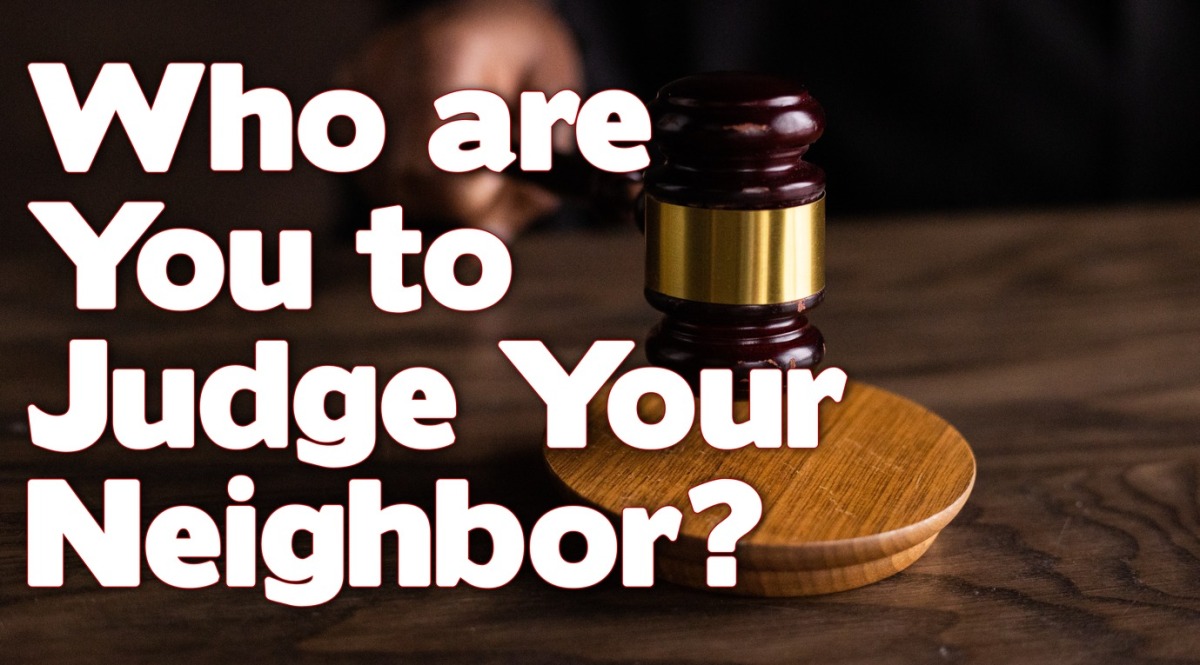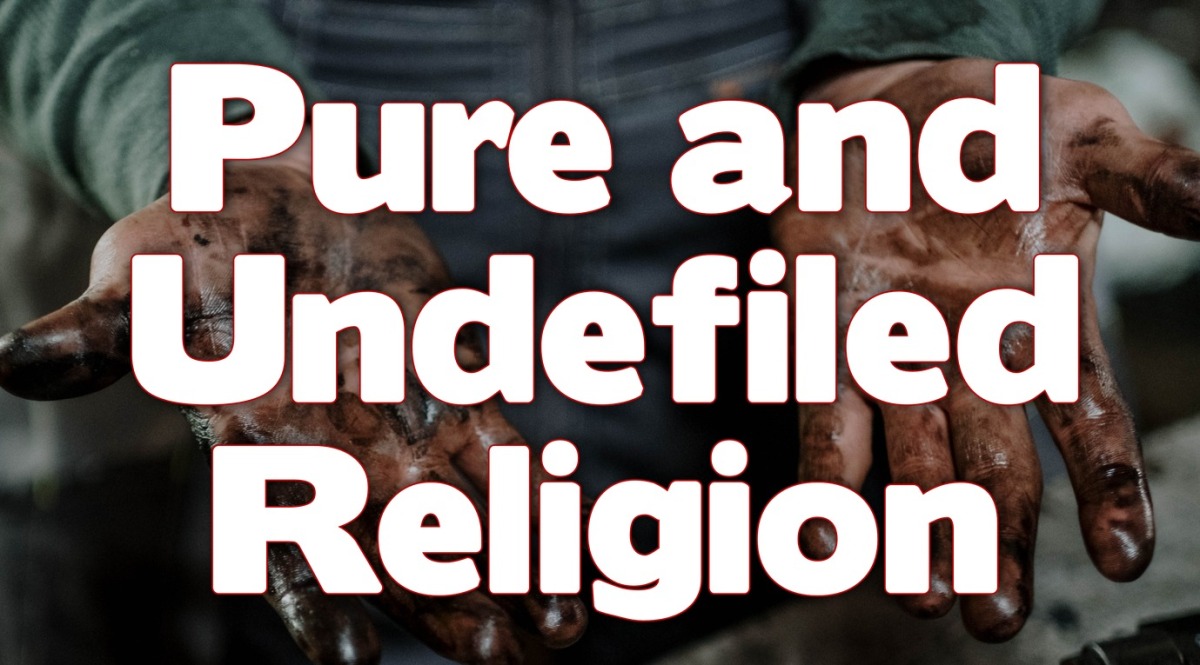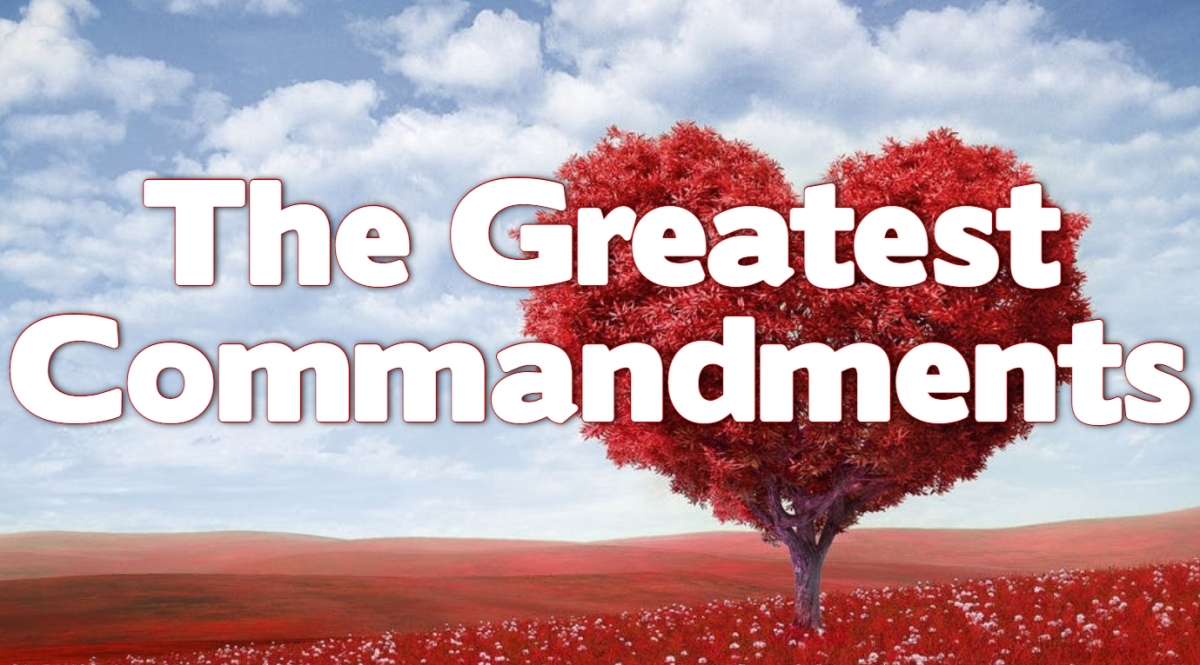Today’s reading is 1 John 4.
Perfect love casts our fear, John declared. And thus has ensued numerous debates and discussions about the nature of love and fear. We should note what John has already said about love, especially perfect love.
In 1 John 2:4-5, he wrote, “Whoever says, ‘I know him’ but does not keep his commandments is a liar, and the truth is not in him, but whoever keeps his word, in him truly the love of God is perfected” (ESV). In 1 John 2:15, he wrote, “Do not love the world or the things in the world. If anyone loves the world, the love of the Father is not in him” (ESV). In 1 John 3:16-18, “By this we know love, that he laid down his life for us, and we ought to lay down our lives for the brothers. But if anyone has the world’s goods and sees his brother in need, yet closes his heart against him, how does God’s love abide in him? Little children, let us not love in word or talk but in deed and truth” (ESV). Then in 1 John 4:12, “No one has ever seen God; if we love one another, God abides in us and his love is perfected in us” (ESV).
Then, after having said all this, he wrote, “Whoever abides in love abides in God, and God abides in him. By this is love perfected with us, so that we may have confidence for the day of judgment, because as he is so also are we in this world. There is no fear in love, but perfect love casts out fear. For fear has to do with punishment, and whoever fears has not been perfected in love” (1 John 4:16b-18, ESV).
Perfected love, therefore, is turning away from love of the world’s things–lust of the eyes, lust of the flesh, pride of life–and turning to love of our brothers and sisters. Perfect love is abiding by God’s Word and will. We must grasp this. John is not saying because Jesus loves us, we can live however we want without fear. After all, “If anyone says, ‘I love God,’ and hates his brother, he is a liar, for he who does not love his brother whom he has seen cannot love God whom he has not seen. And this commandment we have from him: whoever loves God must also love his brother” (1 John 4:20-21, ESV). Be aware, if we do not love our brothers and sisters, we should be afraid of judgment. We should be very afraid of it.
Considering all the arguing we’ve heard about these passages, we can be forgiven for being confused and struggling to understand. However, I think John is making a very simple point. Love. Truly love. Not be infatuated with. Not simply be a nice person. Not try really hard to externally keep a list of behavior rules. Love. Love as defined in 1 Corinthians 13. Love as described throughout God’s Word. Love God so much you will simply do whatever He says. Love others not by simply letting them have their way, but by seeking what is truly best for them. Love. Recall Paul’s warnings in 2 Timothy 3:2-4. We must not deceive ourselves when what we really love is self, money, and pleasure. Rather, we must love good, love God, and love others.
When we can say our actions are prompted by real, God-defined love, we have nothing to fear. Of course, that kind of love will be a growth process for us. As you choose the next right thing, choose the course of real love. We will never be punished for loving others the way God loves them. We will never be punished for loving God the way He loves us.
Tomorrow’s reading is 1 John 4.
PODCAST!!!
PATHS:
Discuss Today’s Meditation with Your Family
How does 1 John 4 prompt or improve your hope in God?










